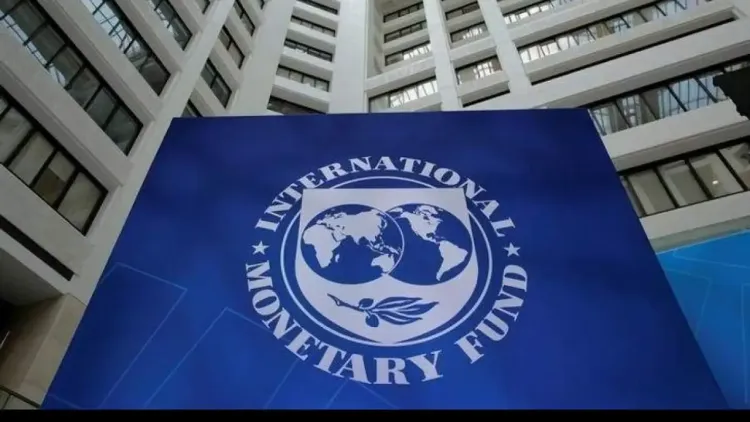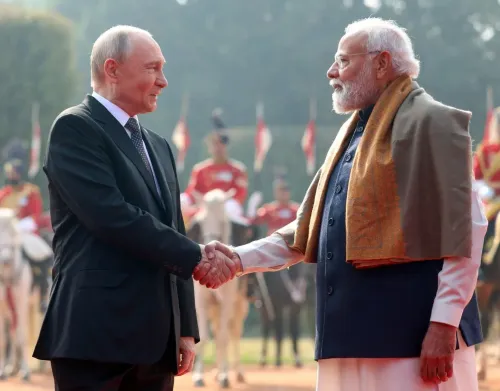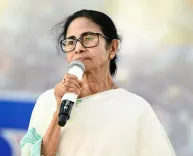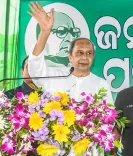India’s Impressive Economic Growth Opens Doors for Reforms Toward Advanced Economy Status by 2047: IMF

Synopsis
Key Takeaways
- India’s economic performance praised by IMF.
- Opportunity to implement critical reforms.
- Target for developed nation status by 2047.
- Need for labour market reforms and women’s participation.
- Stable policy frameworks essential for FDI.
United Nations, March 1 (NationPress) Recognizing India’s prudent policies, the Executive Board of the International Monetary Fund (IMF) has indicated that India’s robust economic performance presents a significant opportunity to implement essential reforms aimed at achieving advanced economy status by 2047.
A report following the IMF’s annual consultations with India highlighted that India’s strong economic performance provides a chance to push forward challenging structural reforms necessary for realizing its goal of becoming an advanced economy by 2047.
Prime Minister Narendra Modi has established the centenary of India’s Independence as the target for the nation to evolve into a developed economy.
The report unveiled on Thursday stated, “Executive Directors praised the authorities’ prudent macroeconomic policies and reforms, which have made India’s economy resilient and reaffirmed its status as the fastest-growing major economy in the world.”
“Looking forward,” the report mentioned, “the health of India’s financial sector, improved corporate balance sheets, and a solid foundation in digital public infrastructure highlight India’s potential for continuous medium-term growth and sustained social welfare improvements.”
“Directors emphasized that amid challenges from geoeconomic fragmentation and sluggish domestic demand, maintaining macroeconomic stability requires ongoing effective policies,” the report stated.
The directors appreciated India’s recent tariff reductions, noting that these measures “can enhance competitiveness and strengthen India’s position in global value chains.”
In the budget presented last month, Finance Minister Nirmala Sitharaman reduced tariffs on various imports, ranging from automobiles to liquor, with further reductions anticipated.
To drive accelerated growth, the Executive Board asserted that comprehensive structural reforms are vital for generating high-quality jobs and revitalizing investment.
“Focus should be on executing labour market reforms, enhancing human capital, and promoting increased participation of women in the labor force,” the report advised.
To stimulate private investment and foreign direct investment (FDI), it is essential to establish “stable policy frameworks, enhance ease of doing business, implement governance reforms, and increase trade integration,” according to the report.
In addition to labour market reforms, it is crucial to “support greater participation of women in the labor force,” the report emphasized.









